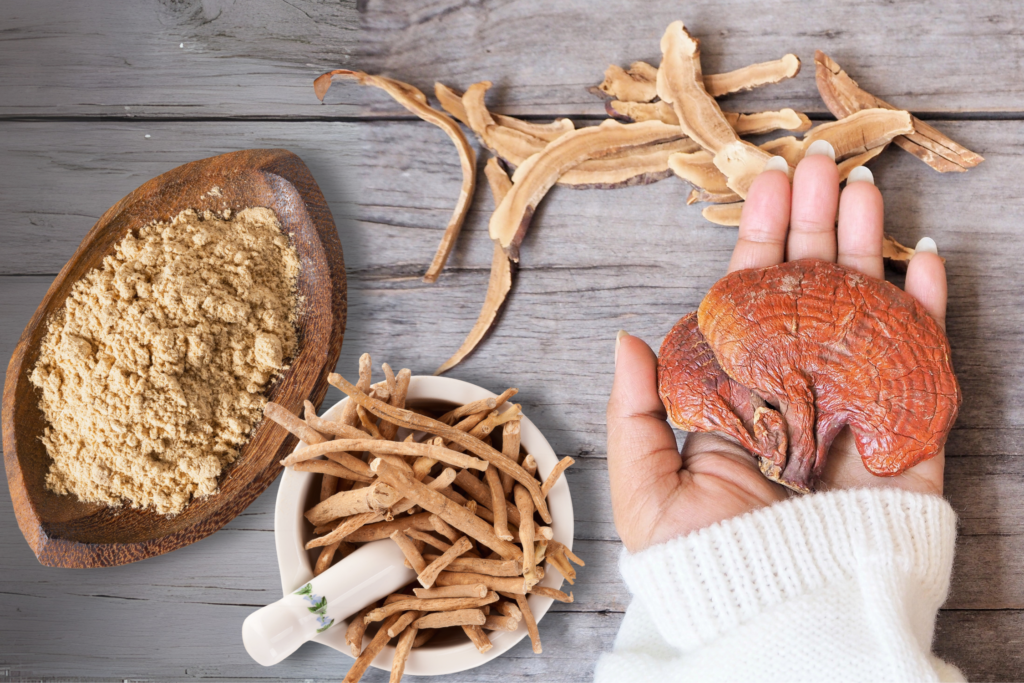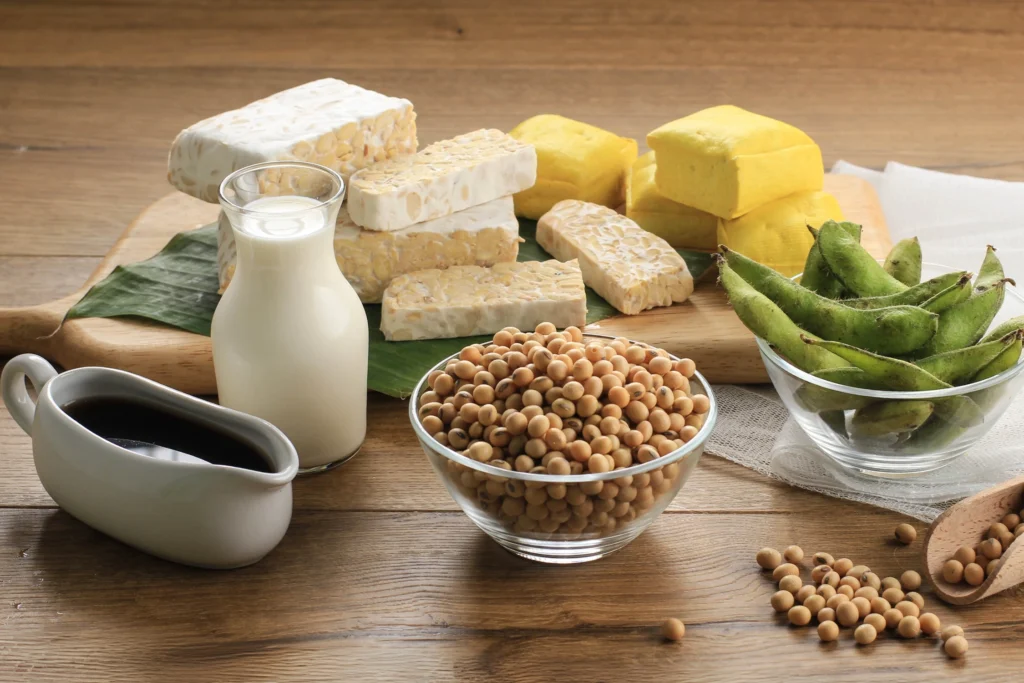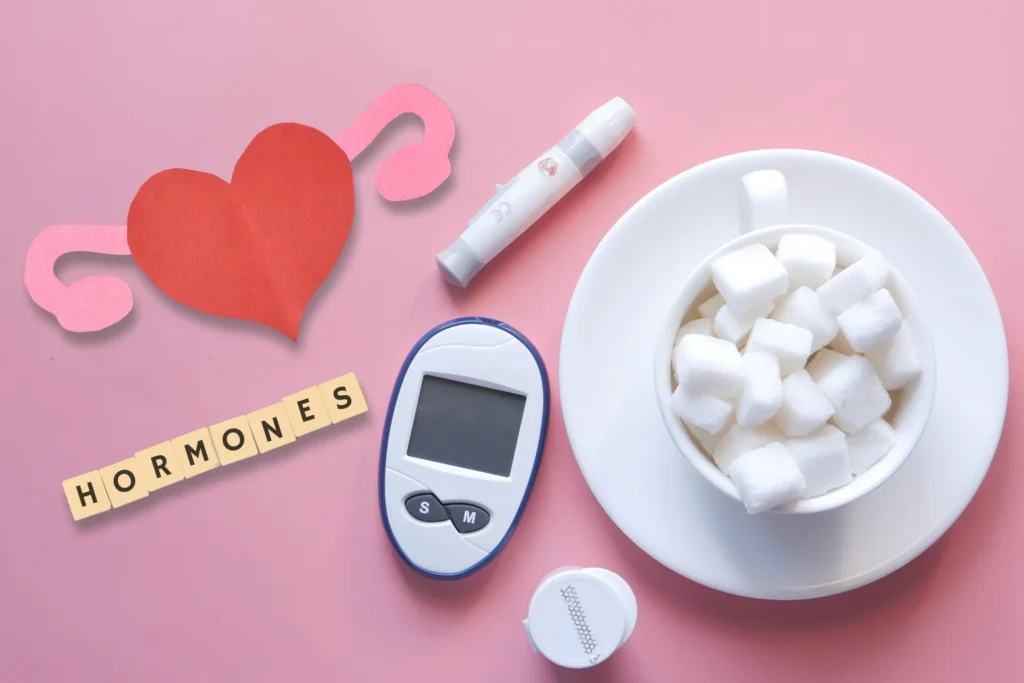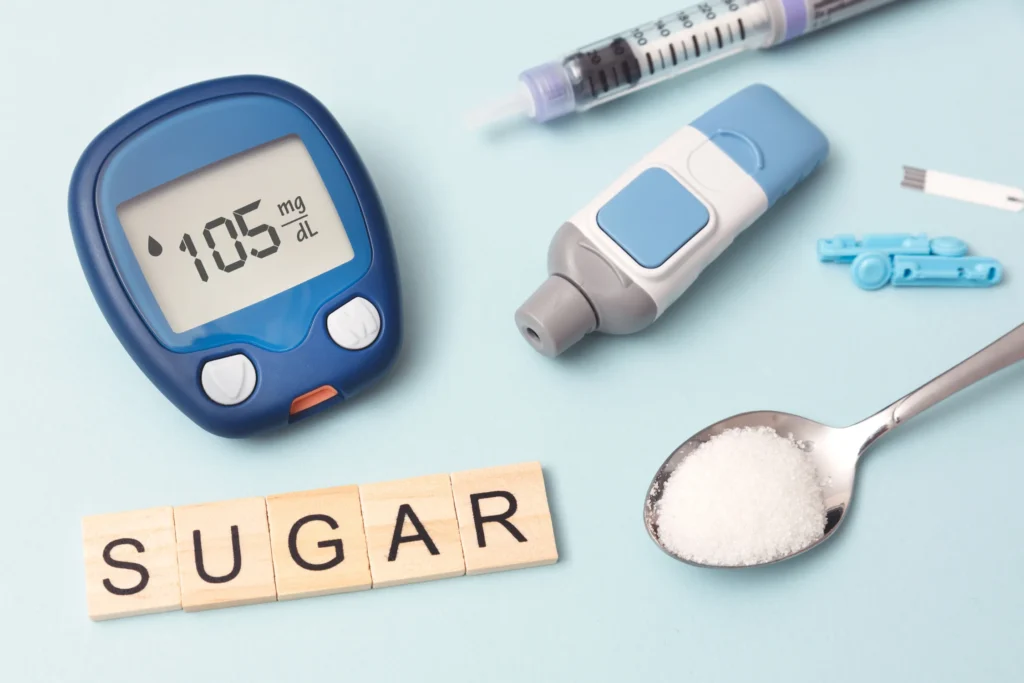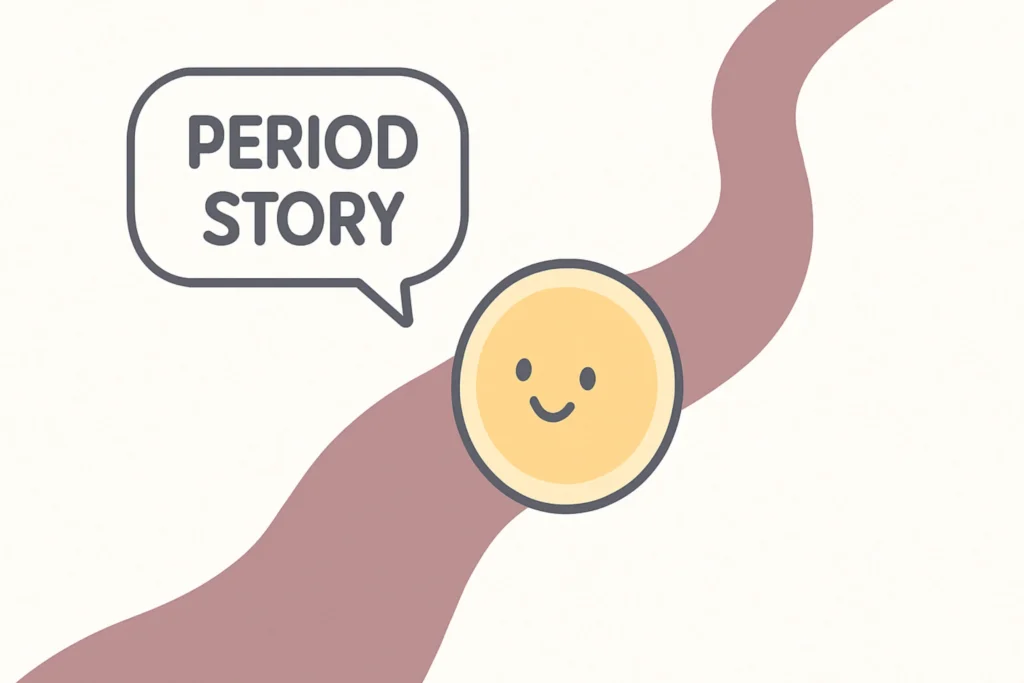What are Adaptogens? 4 Herbs to Bring You Natural Stress Relief
Discover what adaptogens are and how Reishi, Maca, Ashwagandha, and Shatavari offer natural stress relief, hormone balance, and immune support.
What are Adaptogens? 4 Herbs to Bring You Natural Stress Relief Read More »

